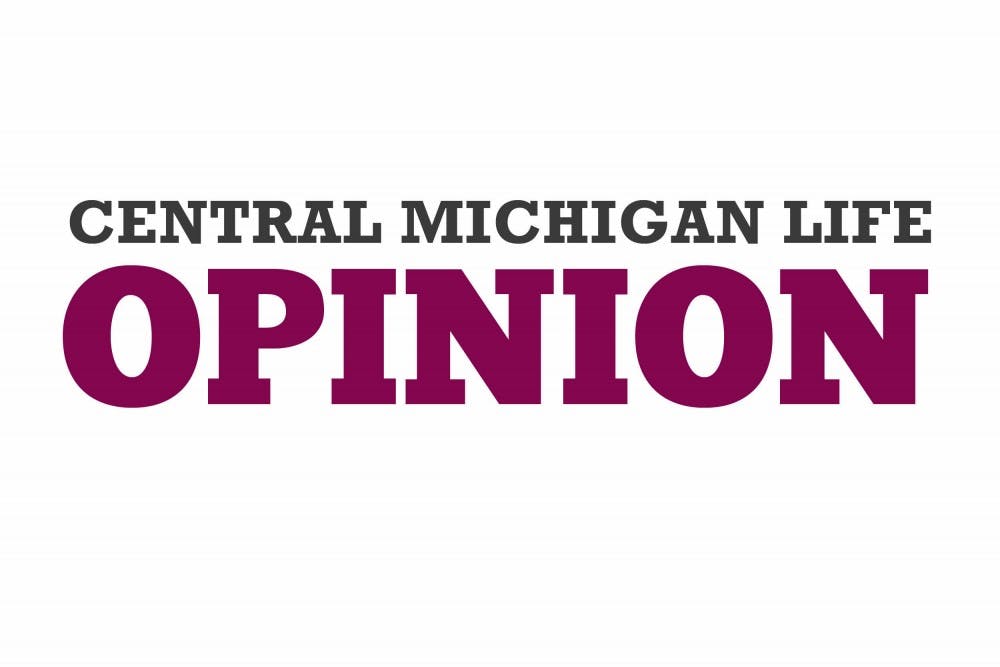COLUMN: Our past is our present
If there's one thing I've gleaned from my education — which has included courses on history, archaeology, racism, evolution and social trends — it's that human beings have never been very good at learning from their mistakes.
As some of you may be aware, the evening of April 15 marks the beginning of Holocaust Remembrance Day. Perhaps your professor has something planned to commemorate it. Perhaps not.

This semester, I was required to watch films for my introductory French class. One of these included the most powerful, graphic and vivid documentary about the Holocaust that I have ever seen. Writing the required reflection after seeing it was difficult, as it literally left me without adequate words to describe what I'd seen.
When any kind of memorial or remembrance day comes around, it is easy to let our first reaction be one of remorse for what transpired. Why else would they put the word "remembrance" right in the title, right?
The danger with this form of remembering is that it treats mistakes or conflicts caused by deep-seated societal problems as memories — or long-gone phenomenons.
A genocide emergency is currently declared in Syria, Sudan, the Democratic Republic of the Congo, Ethiopia and Burma.
A genocide warning has been declared in six countries. A genocide watch is in effect for another 10.
The International Alliance to End Genocide defines a genocide emergency as a status that is declared when a genocide is already underway. That means 21 counties in our world are currently experiencing or are on the verge of being victims of the same atrocities carried out by the Nazis more than 70 years ago.
So what good are we doing by remembering, really?
Obviously, the acts of horror carried out against six million Jews and five million non-Jewish people cannot be overlooked or ever forgotten.
Simply remembering is not enough.
We are not honoring the memory of the millions of dead by allowing genocide to continue under our watch. We are failing them. What good is remembering our past mistakes if we are willing to ignore that we are repeating them this very second?
In a world so interdependent and technologically advanced, humans still continue to fall apart at the social level.
Rather than just remember, this year I encourage students, as the leaders and change-makers of tomorrow, to educate themselves on the current state of genocide in our world.
To get involved and contribute to campaigns to end genocide, visit genocidewatch.org/getinvolved.




